A Guide to Finding Work Abroad
Do you have a dream of moving, working and living abroad just once in this lifetime? Do you question if can you find work abroad? Stumped about where to start looking?
Maybe we can rephrase the question, how much would you really like to make it happen?
The reality is that anything is possible. Where there is a will, there is always a way. Today I’m going to cover what you need to think about, as well as how and where to start finding work abroad.
The good news is that it is never too late to start living and following your dreams.
Before we start: A Quick Reality Check:
It would be naïve to think that moving to a new country doesn’t bring a host of challenges. There can be as many epic failures as there are success stories.
Finding the right job in the right place, like anywhere can be a challenge. While there are countries like Argentina where it can be harder to find work. Companies themselves often prefer to hire locals as it can be a costly and time-consuming process to get a residency for foreigners with little assurance that it will all work out.
Yet, that’s not to say it’s impossible, yes there are obstacles, however, there are also many loopholes and ways around them.

What is possible, realistic and viable
If you have a particularly remote or exotic location in mind, it may be harder unless you are able to work remotely. Which is ideal and the answer for many digital nomads.
As this subject is so well covered online, this post isn’t a guide on becoming a digital nomad.
This is a simple-to-use, practical guide for those that want to find employment abroad. To make it happen you’ll need a bit of energy, effort and willpower. On top of a healthy dose of reality.
First, you need to decide if you want to move to a specific country or job.
For instance, countries such as Australia offer a working holiday visa. Which is available to anyone between 18-30 years old. This visa allows you to travel and work through Australia for a year. During this time you’ll have the right to work anywhere you like, some find office jobs and others work as backpackers picking fruit or bartending in hostels.
This type of visa is much more of a travel experience than a career move.
Working abroad to improve your career options.
There are a lot of careers that value some time spent abroad, architects go to Holland, and a creative designer may spend a year in London at a top advertising agency. This time spent abroad adds credibility and valuable international work experience to your resume.
So have a think about the type of experience and work you’d be looking for. Once you’ve got a clear direction of what you would prefer, you can start preparing to make it a reality.
Preparing before you apply for work
Any planning you do before you go, from studying the language, getting to know the customs, and putting money into a savings account – is going to be useful.
All of it helps you to prepare, and get the ball rolling. An application letter sounds stronger if you can mention that you are learning the language, and are knowledgeable about the culture, reasons for going and expectations while there.

Things to know before you go:
- What are the criteria for working in that country and your visa options? Best place to find this is on the government website of the country in their immigration and visas section. Or google working visa for [country of choice].
- What type of job opportunities are there? Thankfully again, the internet is a big help here. There are websites that cater to gap year travellers, expat websites and forums. Government and local city websites can be helpful. Research local job sites, and keep in mind they may be in the local language. If you don’t yet speak the local language type the job title or English (or your language) in the search field to see what jobs come up.
International job sites like Monsterboard, experteer and LinkedIn are also worth researching at this preparation stage.
Note: This is a good time to set up a LinkedIn profile if you don’t already have one. - What is the cost of living? This can be tricky to uncover as the information might be dated. There are websites that specialize in the cost of living comparisons like Numbeo. Other sites like Expatica a site dedicated to expats, and International Living also have useful guides and information. Again, searching on the internet is an invaluable tool: Cost of living in [country of choice].
- What salary do you need to be able to live? Now that you have an idea of the cost of living, it’s advisable to understand what the local salaries are, and what you would need to earn. Countries in the South of Europe are notorious for the high costs of living and low salaries.
If you are planning to backpack around Australia and work as you go the cost of living will be less of a concern as you’ll likely get free accommodation – depending on the job. - What is life like for foreigners there? This investigation can be hit and miss. On expat blogs, the whingers are the ones that complain the loudest. If you look hard and read between the lines, you’ll also find some valuable feedback.
You can review local expat blogs, forums, and meetups or ask your own social circles via-via. It can be good to reach to out someone or get an introduction.
Drop blog writers/ friends of friends that are living in that country an email, most people are happy to help. The more precise questions you ask, the more precise answers you’ll get. It’s always good to get the perspective of someone living there to see what it’s really like.
The answers you get from your research may or may not be what you want to hear. But the reason for doing the research is to 1) manage your expectations. 2) help you to prepare i.e. if there are no English-speaking jobs other than being an English teacher, you’ll know to get your TEFL certification before you go.
What can happen if you are unprepared: many moons ago, I tried to move to China. I didn’t speak the language, there were limited work opportunities and the cultural differences were so big that I knew I’d never adjust. I ran out of money and bailed. It was an epic moving abroad failure. Yet, I also learnt a lot, which is why I now research potential countries and do a dry run before any life-changing moves.
We live and learn, but the better we prepare the more likely we’ll make a success of it. You’ll also find that it helps to inspire and motivate you into taking the plunge.
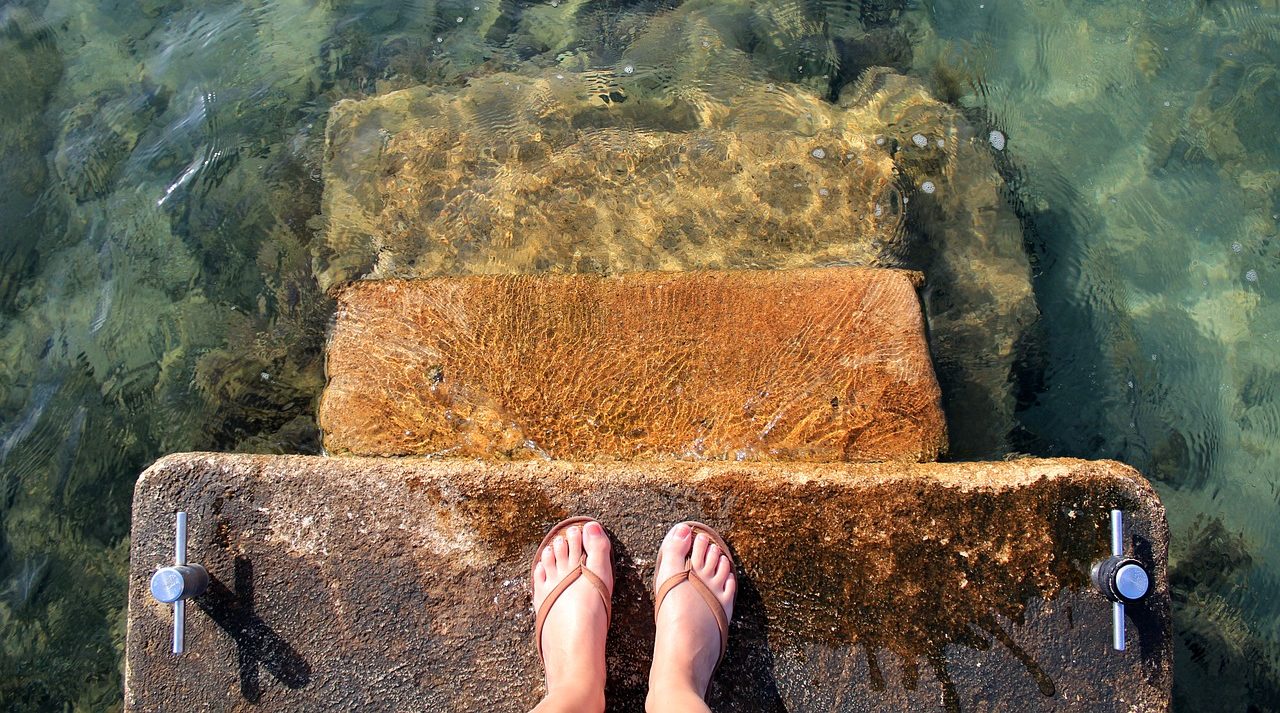
Thinking out of the box & brainstorming options
The research may have given you some ideas, however, there are moments when that might not be enough. Perhaps you have a country in mind and need a few more options. If so, here is a list of ideas to help you brainstorm the endless possibilities:
- Apply for a study visa. One where you can work part-time, or also do an internship?
- If you are between 18-30 you may be able to get a working holiday visa.
- Skilled worker options: I.e. Australia often has a shortage of Hairdressers and electricians. So, if a country has a shortage of your skills, and you have the qualifications, you can apply.
- Do you work for an international company that can expatriate you? If so, start the conversation with your HR department to understand your options and the process.
- International NGOs and Non-profits. Local or International Organisations often accept applications and offer training for foreign assignments.
- Volunteer abroad. There are companies that charge you to participate – but there are those that are free, or pay a small salary to cover living costs.
- Workaway, Helpx has a range of options if you would like to work 5 hours a day, 5 days a week in exchange for food and accommodation. Some may even pay a small wage – depending on the work. You can do almost any type of work from babysitting to farming.
- Woofing (work on organic farms), similar to workaway but offers work on organic farms in exchange for food and a place to stay.
- Check the website of your own country’s embassy, as they often also have jobs and internships available in their offices abroad.
- Cruise ships, airlines or jobs in Hotels
- Local Recruitment agencies – use those that specialise in your industry
- Work in the Tourism sector, travel companies are often looking for people that speak different languages – depending on the job, it may also include live-in accommodation
- Local job sites
- If you are already in the country, ask around, and join networking groups, industry associations and meet-ups.
- If you have a university degree you can often get a teaching job, Teaching your language or working as a translator
So, get the sticky notes out, and cover the wall with them. What do you like to do, and what skills do you have? What wouldn’t you do? What is possible in the country your looking to move to?
Where to look for work
Once you’ve narrowed down your options it’s time to actually start finding jobs to apply for. A few of my favourite sites when looking for work abroad that are global are:
- LinkedIn: Professional work network and recruitment site
- Monsterboard: International job boards
- Jooble: Jobs sites worldwide
- Indeed: Job board
- Experteer Professional Job Market
- Glassdoor: Job website
- Caterer for Jobs in Tourism, hotel and Restaurant industry, including live-in Roles
- Expatica: Has job listings for Europe
- The Undutchables: English-speaking jobs in The Netherlands
- Top Language Jobs: Jobs in foreign languages or for bilingual speakers
- Working couples: offers jobs mainly in hospitality for couples
- Jobs abroad Bulletin
There are always local sites, so research what they are, as most local employers will advertise there. You can also make a list of the key international companies in that country and apply via their website directly.
If you are already in the country ask local businesses, check the local papers or recruitment companies: wherever or however locals are looking and finding work.
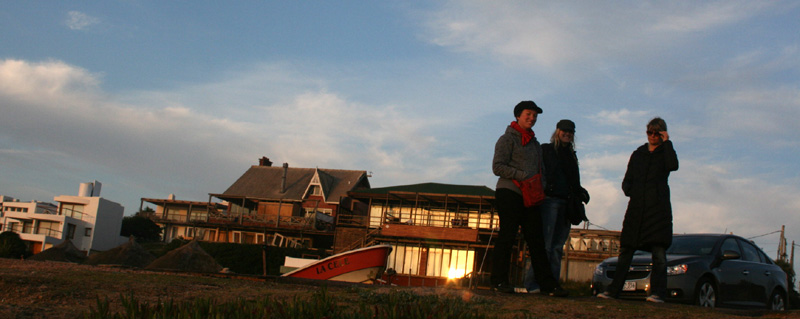
Applying and getting the job you want
Applying for and getting the job is much more than a numbers game. You are applying and vying against locals who are equally skilled, and easy to interview and employ.
You’ll need to make sure your cover letter stands out as much as your resume does. If you can’t wow them with your experience, make sure you make up for it in enthusiasm.
The best way to make a cover letter stand out is to be authentic and personalise it so that it addresses the job in question and isn’t a copy and paste of another job. Whoever is reading it will know the difference.
Research the company you are applying to. If you are applying for a job as a content specialist but notice they haven’t updated their social media, mention how you could change it. [it goes without saying, do so in a positive way]
Also be aware of their values, mission and how you might be able to make a difference and how you fit into that. What experience do you bring that makes you stand out, and how can you add value?
It’s also a good idea to know what the challenges might be and address them. For instance, if they want someone bi-lingual, mention that you studying are at an intermediate level and are confident it will improve.
If it is a country where you have or a country where you need a working visa – be honest. Otherwise many employees won’t even look at your application. Make it as easy as possible for them to take it through to the next step.

Covering the basics in your cover letter:
- Why do you want the job
- What you can bring to the table – experience, skills, examples of your successes
- Finish strong, and state you will call in the next two weeks to follow up. Request an interview for when you’ll be in the country via skype.
Keep it simple, short, and concise but enthusiastic in a professional manner.
The most important thing once you send off your application is to follow up on it. Most people miss this step, yet the fact that most people don’t call gives you an opportunity to stand out and show that you are serious about the application.
Call if possible, everyone sends emails and they quickly disappear down the queue in someone’s inbox. Calling is nerve-racking, especially if in a foreign language. Be confident, list out your questions beforehand and have them in front of you.
Ask what the timing is, what the process is and when you can expect an answer. If they are friendly, ask if they have everything they need, and if is there anything else they would like to know. Again, it’s an opportunity to stand out, build rapport, and be curious and friendly.
Be tenacious without being a stalker
There can be a fine line between having tenacity and stalking people by calling every day. However, showing enthusiasm and wanting the job is never a bad thing.
I’ve found if you are applying and are visiting the country in a few weeks most potential employers may be open to interviewing you during that time – so it never hurts to ask. It’s also a good excuse to follow up and to call to see what’s possible.
Be sure to keep applying and for suitable jobs, you’ll get a lot of rejections but tweak your applications, get feedback and keep at it.
Going through the interview process
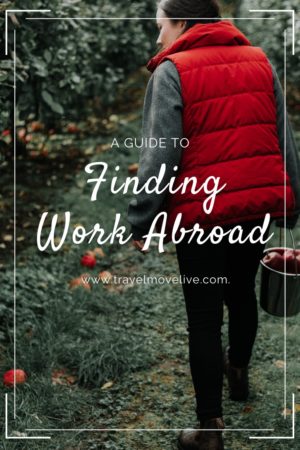
While the first rounds of interviews might be over skype, companies may want the last interview to be in person. So make sure to be flexible on your ability to travel and when you can do so.
Some international companies depending on the size will cover some basic travel costs, smaller companies are less likely to if you are applying for a local contract. So, don’t expect it unless you work in a fairly skilled high-paying niche and it’s an international company.
If you do go for an interview, don’t put all your eggs in one basket. Line up as many interviews as you can before you go and brush up on any local customs, norms and dress codes.
Inform them of how long you’ll be in the country, this gives them the opportunity to plan any further interviews within that time frame.
The interview process goes both ways, envision yourself working there, and ask the questions you are curious about. If you make it to the final stages of the process ask if you can meet the team.
Be sure to be clear on what the job entails, the benefits, salary and time off, as they vary greatly between countries and companies. Also, be aware of what you might need to work there, certificates, references, working visa etc. before starting. Again larger companies may arrange this for you, but smaller local companies depending on the type of work may not.
Looking for a job locally
If you are visiting a country for an interview or a test run before contemplating the move, use most of your time there. Make appointments register with recruitment agencies – request in-person interviews with them. A bit of face time can make all the difference.
Go to expat groups and meet-ups, and network at the chamber of commerce, and industry events that may be on at the same time, or plan your trip to coincide with any that are taking place so you can meet expats and locals working in the country.
Meeting people and companies face to face can help to make a difference, it will also give you an idea on the jobs, work and culture.
Finally, once you have found the right opportunity and are ready to fly.

Getting the job and starting work
This is where your earlier preparation comes in handy. Before you go make sure all the required paperwork is in order.
If the job doesn’t offer live-in accommodation, you can get short-term temporary accommodation while you look for something more permanent. Airbnb is great for this.
If you plan or are undecided on whether to ship your goods overseas, my last post covers this topic in further detail.
Working overseas is an incredible experience and worth doing at least once in life. The experiences that you gain, and the people that you meet. It changes your whole perspective and creates memories that last a lifetime.
In the words of Kate Douglas Wiggin:
“There is a kind of magicness about going far away and then coming back all changed.” Kate Douglas Wiggin
Photos and images are gratefully supplied by:
Mabel Amber, still incognito… from Pixabay
Maike und Björn Bröskamp from Pixabay
Ali Yahya on Unsplash
Yannis H on Unsplash
Priscilla Du Preez on Unsplash
 One fated evening many moons ago – I found myself in a deep discussion with a friend. I was in the middle of celebrating my final nights in London. New adventures on foreign shores were calling my name…
One fated evening many moons ago – I found myself in a deep discussion with a friend. I was in the middle of celebrating my final nights in London. New adventures on foreign shores were calling my name…



 When you’re moving abroad as a newbie or veteran expat, there is the initial honeymoon period that wears off. Once the newness of a place wears off you are left with the reality of everyday life.
When you’re moving abroad as a newbie or veteran expat, there is the initial honeymoon period that wears off. Once the newness of a place wears off you are left with the reality of everyday life.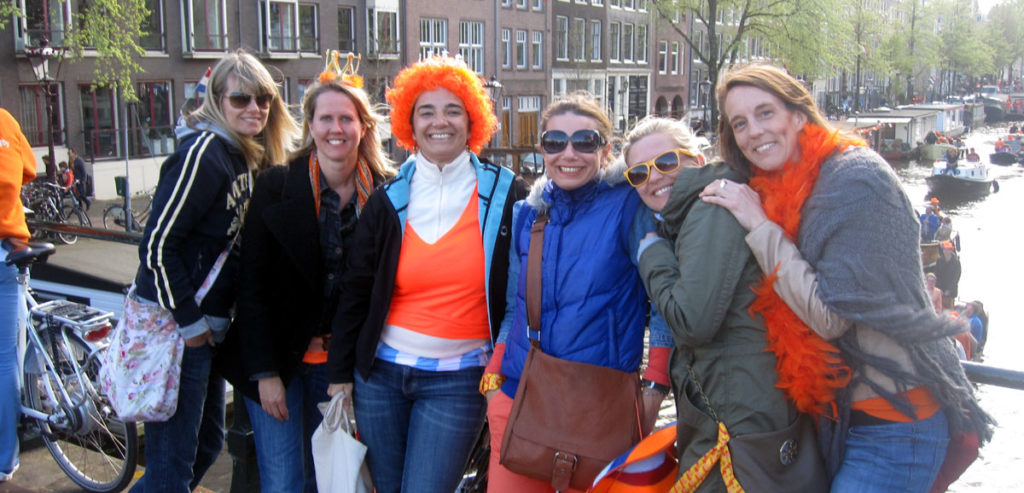


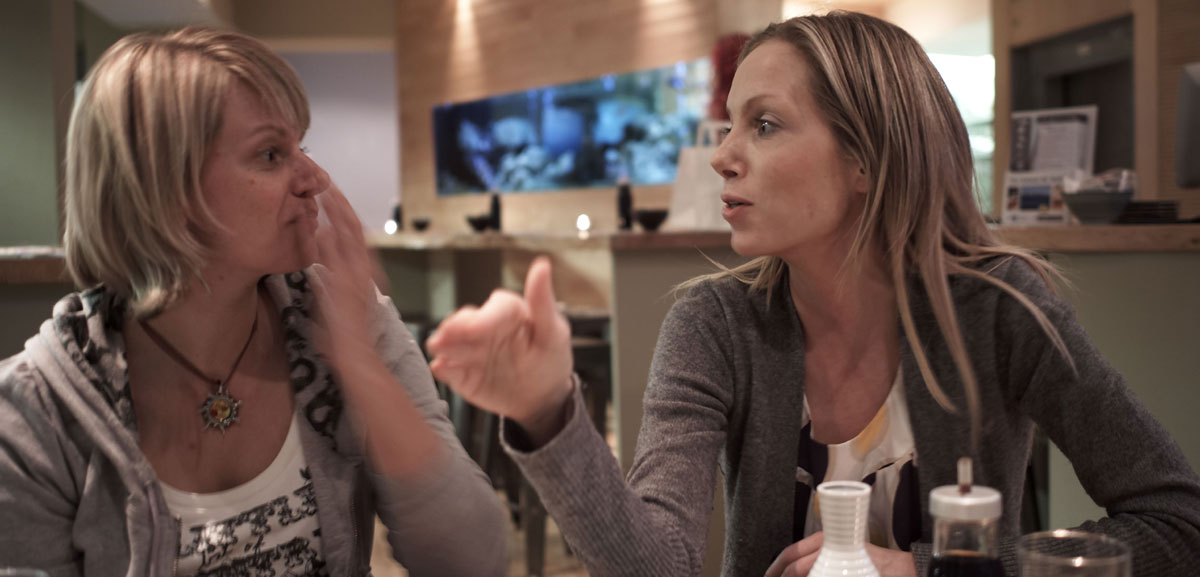


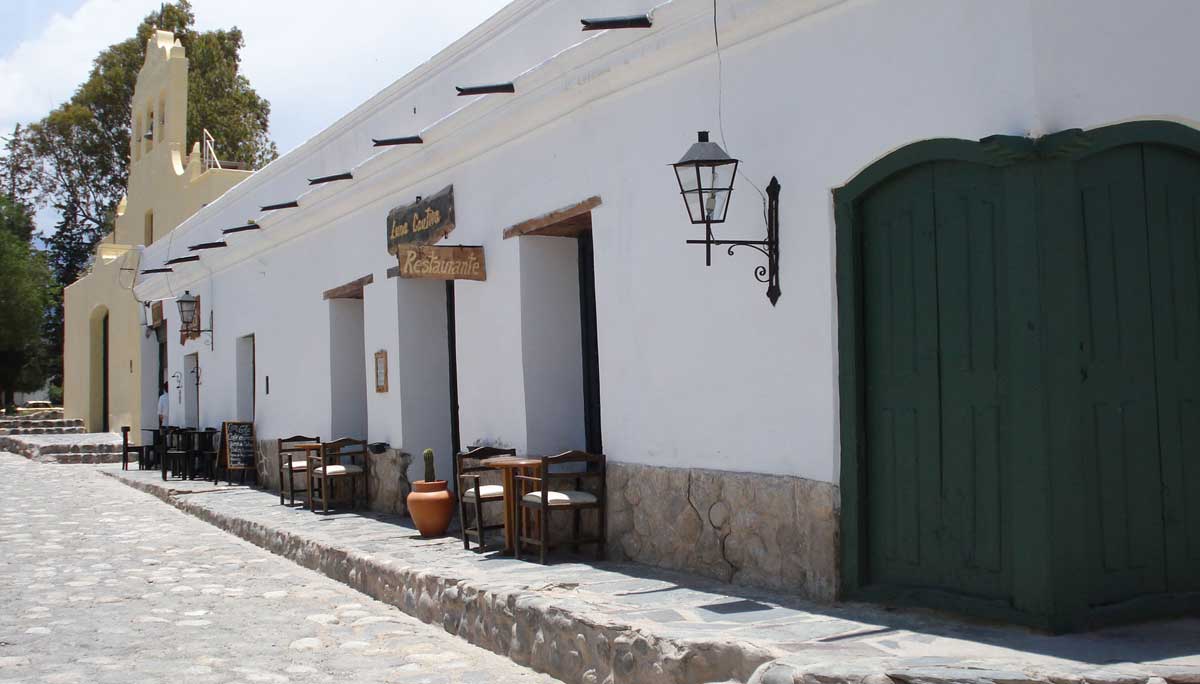
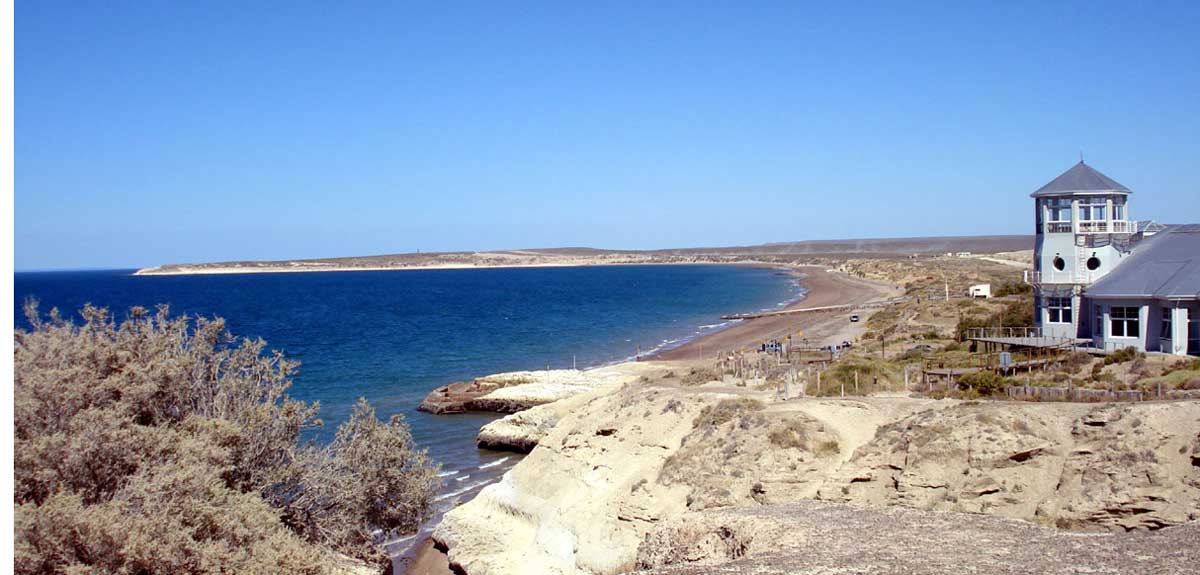
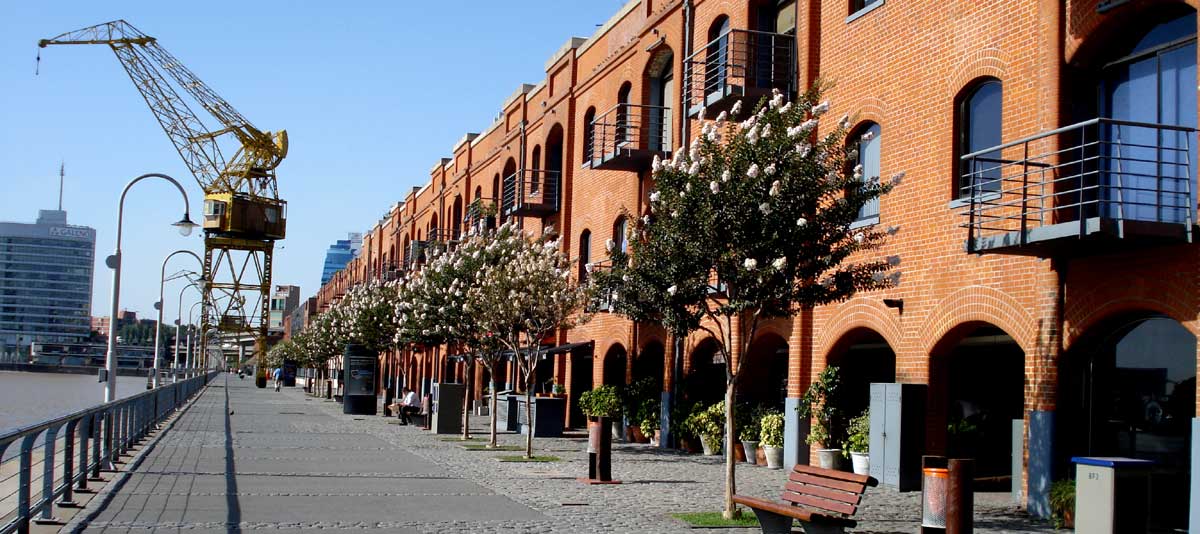
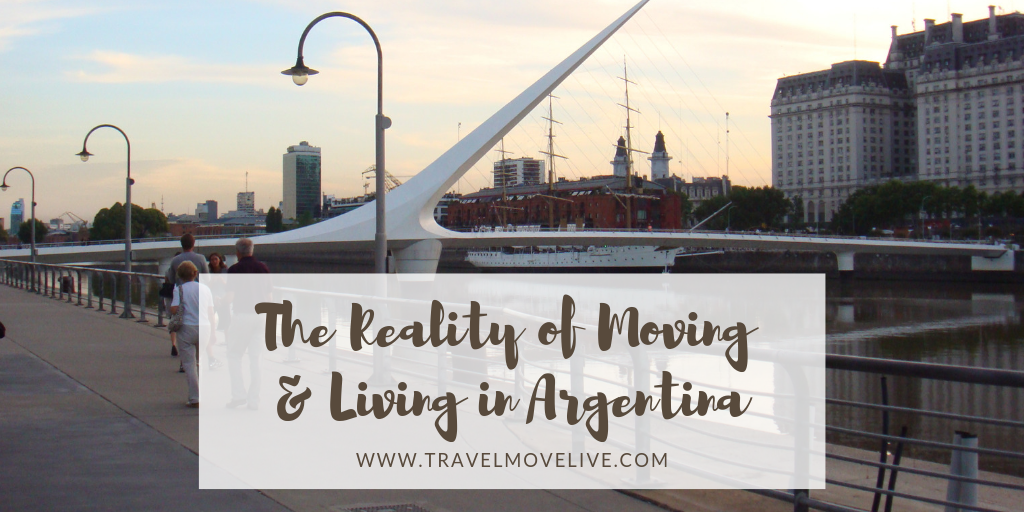
 Being that my best option would be to find a company to sponsor me, the reality is that this is easier said than done. Despite my meetings, lunches and endless cups of coffee, I didn’t manage to find a sponsor in Argentina.
Being that my best option would be to find a company to sponsor me, the reality is that this is easier said than done. Despite my meetings, lunches and endless cups of coffee, I didn’t manage to find a sponsor in Argentina.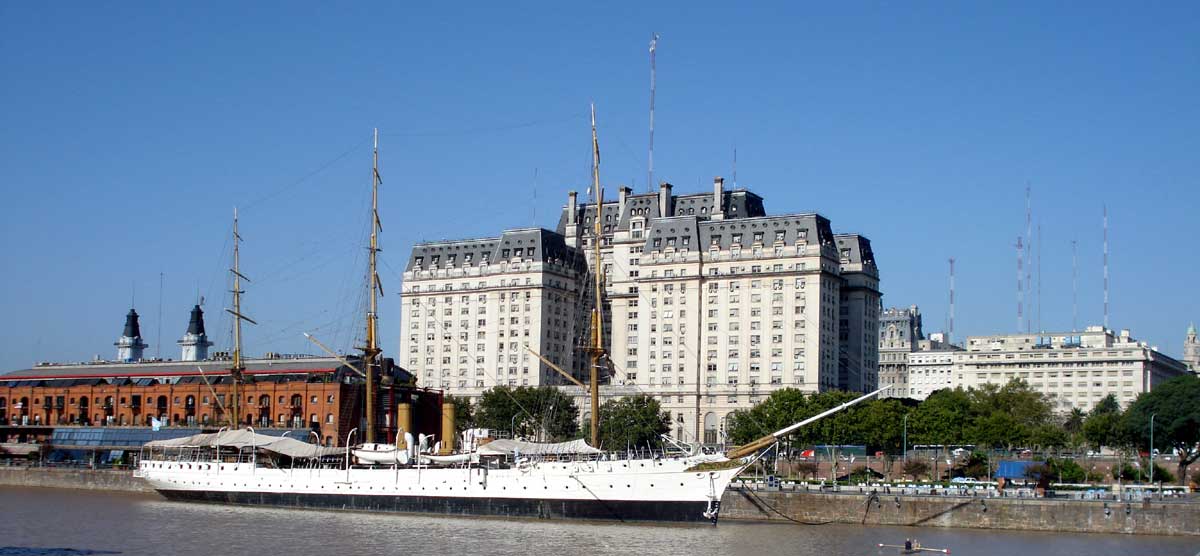

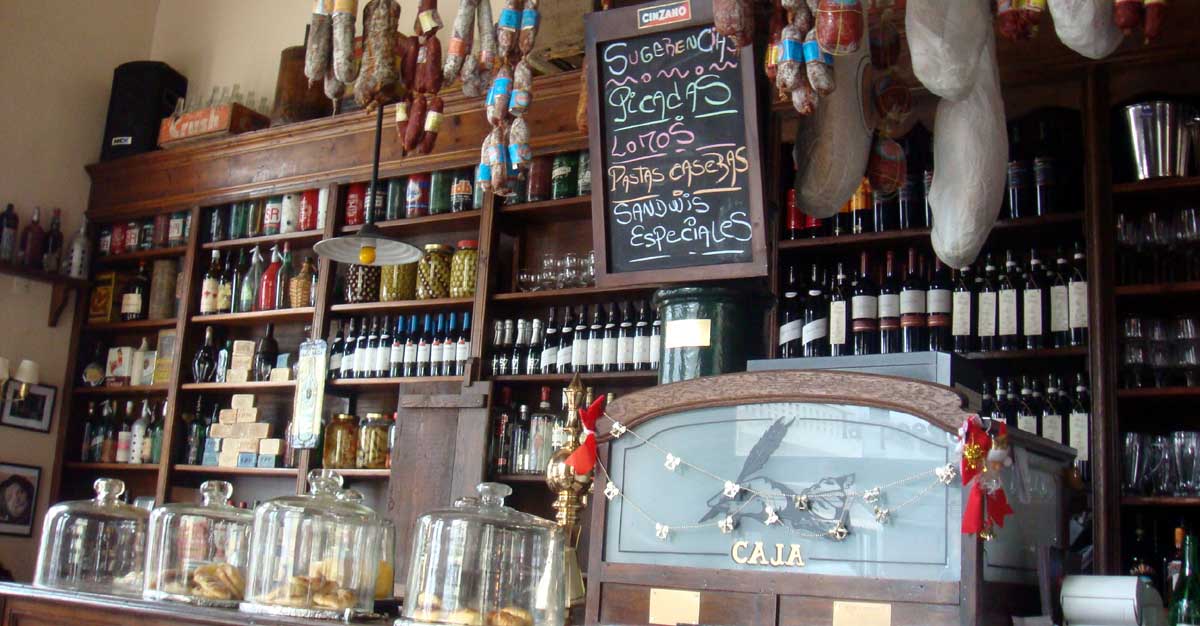
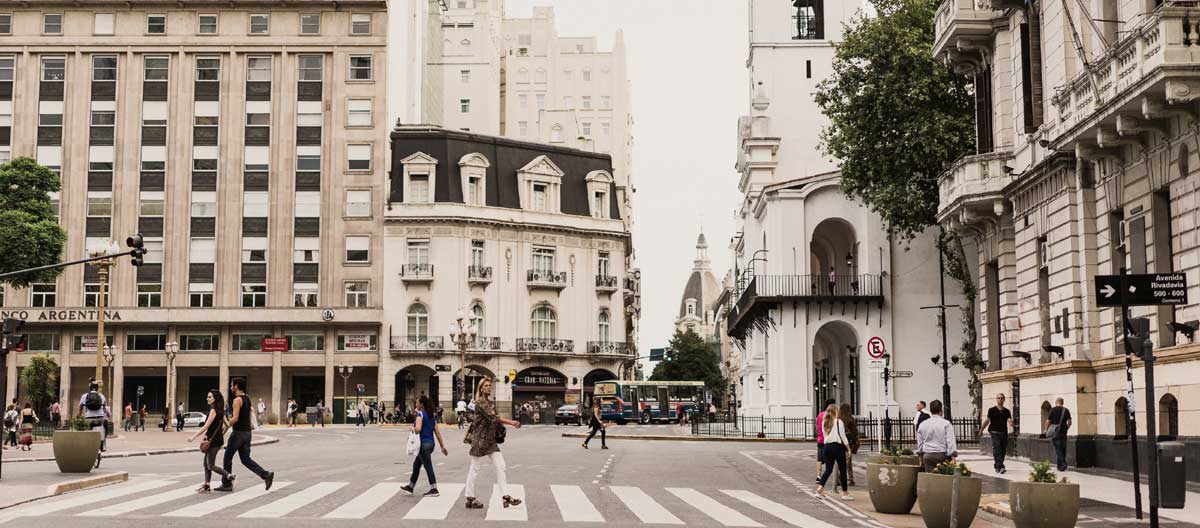
 This so far has been the most frustrating experience. So much so, that I’ve decided NOT to open a bank account.
This so far has been the most frustrating experience. So much so, that I’ve decided NOT to open a bank account.





 We all know finding good friends isn’t easy, we all know they are valuable and rare. Yet, the world is a pretty big and there are a lot of great places to meet people, with a bit of EFFORT.
We all know finding good friends isn’t easy, we all know they are valuable and rare. Yet, the world is a pretty big and there are a lot of great places to meet people, with a bit of EFFORT.